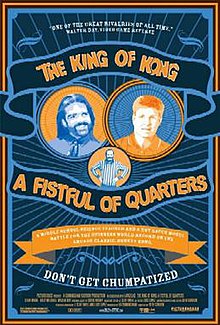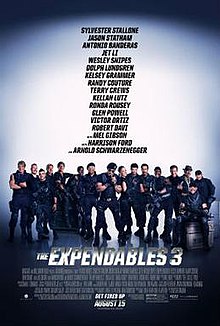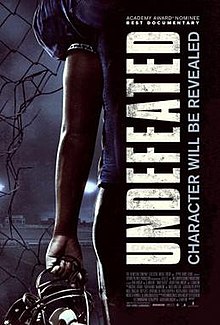
Released: August 29th, 2014
Rated: R
Studio: Universal Pictures
Starring: Perdita Weeks, Ben Feldman, Edwin Hodge,
François Civil, Marion Lambert, Ali Marhyar
Directed by: John Erick Dowdle
Written by: Drew Dowdle, John Erick Dowdle
Personal Bias Alert: claustrophobic,
wasn’t feeling well during the screening
2.3 of 10
Full Disclosure:
I did step out for a minute in the middle of this film because of
nausea. It was due to illness and not
anything onscreen, and I don’t feel it affected my viewing at all.
This
movie starts out on the wrong foot, stays on the wrong foot, and ends on the
wrong foot. It opens with a scene of our
main character, Scarlett (Perdita Weeks), on a bus to Iran. She explains into her camera that she is
entering the country knowing that she will be killed if she’s caught, but that
it’s her last chance to find some key thing before they blow it up. Now, what the audience is supposed to learn
from this little scene is that our heroine is determined, stubborn, and
moderately reckless. What we actually
learn is that she’s dumb enough to say out loud that she is committing an act
that she can be killed for on a bus full of people in a normal speaking voice.
That’s
a frustrating start that the film never recovers from. It plods along for another twenty minutes
trying to establish that Scarlett and her friend George (Ben Feldman) are smart
(they speak multiple languages and like old things!), but we know better. Once things start going down, I knew they
would make dumb decision after dumb decision because Scarlett had already proven
that that’s what she does. You can have
all the degrees and speak all the languages you want, but if you follow the
supposedly dead guy into the tunnel that no one returns from, not a soul on
Earth is going to think you’re smart.
Despite
the rough setup, I did actually take a liking to the two leads. Weeks is a Brit, and if there’s one thing
that makes exposition and setup go down smooth it’s an attractive person with a
British accent spouting it. Feldman’s a
good looking guy, too, but my crass observations about their appearance is
selling them short. These two actually
manage to show off some decent acting despite their poorly drawn characters,
and their likability stems more from their talent than their looks. I’d actually like to see the two paired up again
in the future, albeit in a better film.
While
poorly paced, I did appreciate that the film took the time to establish a clear
motivation for the two’s journey into the catacombs of Paris: to find the philosopher’s stone. They even build in some nice puzzle mysteries
to slow down and explain to uninformed audience members such as myself (a.k.a.
those who didn’t read Harry Potter)
what the hell the philosopher’s stone is and what some of the mystical symbols
they encounter are. Early on, it seems
like the filmmakers are actually trying to establish a mythology, which would
make the early slow parts worth it if they actually stuck with it to a grand
ending. Instead, some lazy storytelling
techniques muddles the mythology and the ending doesn’t add up to anything,
including satisfaction for the viewer.
I
thought going into this that setting a horror film in an inherently creepy
place like the catacombs of Paris would at least ensure some creepy visuals,
but this film even managed to let me down there. Admittedly, they were effective in triggering
my mild claustrophobia, but everything else here is downright tired. Creepy cult people? Check.
Dead children? Check. Shaky cam that blurs potentially scary images? Check.
When even I, who is not a horror film aficionado, thinks your costume
department raided the nearest Spencer’s and Hot Topic, you’ve done something terribly
wrong.
I’m
sure As Above, So Below sold due to
its creepy setting, but the laziness behind the camera drags this film down
lower than the characters ever go.
Other
Notes:
Ø How
did Scarlett run back to the room where she got the stone so fast?
Ø I’m
glad Scarlett’s fluent in so many languages except the one she actually needs
to know.
Ø That
was the laziest way to get George down into the tombs.
Ø Oh,
that over-the-top shaky cam. I get the
conceit that he’s filming a documentary, but his shot should be steady during Scarlett’s
interview.








